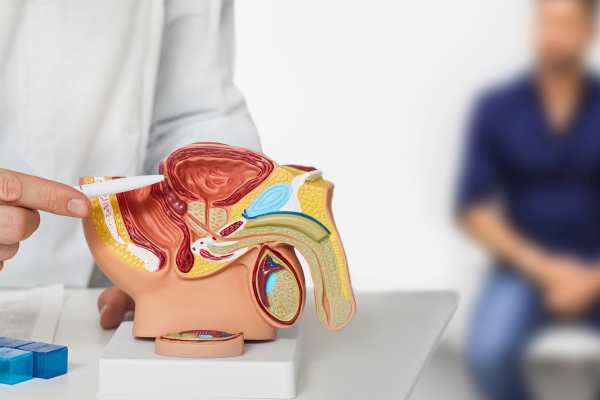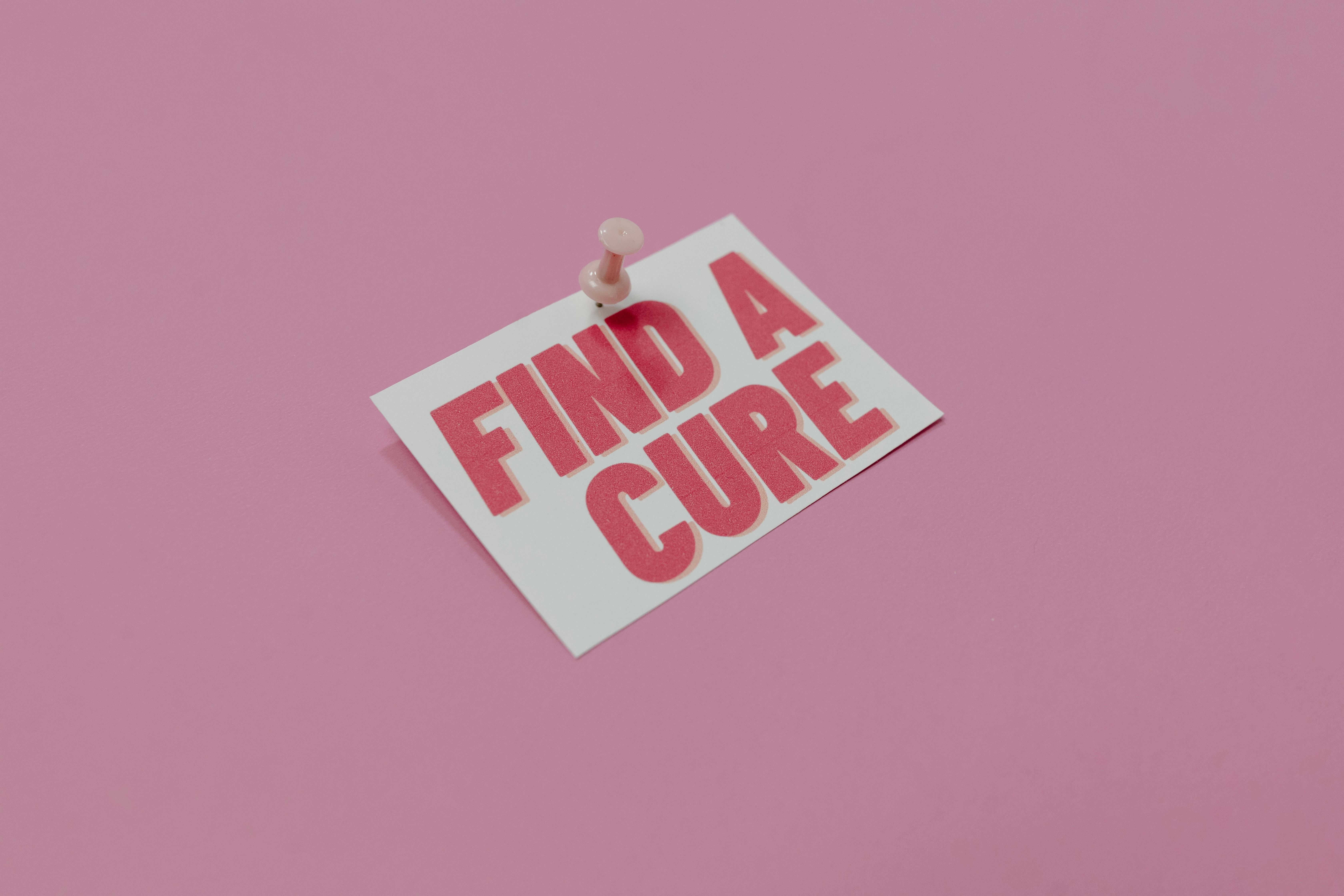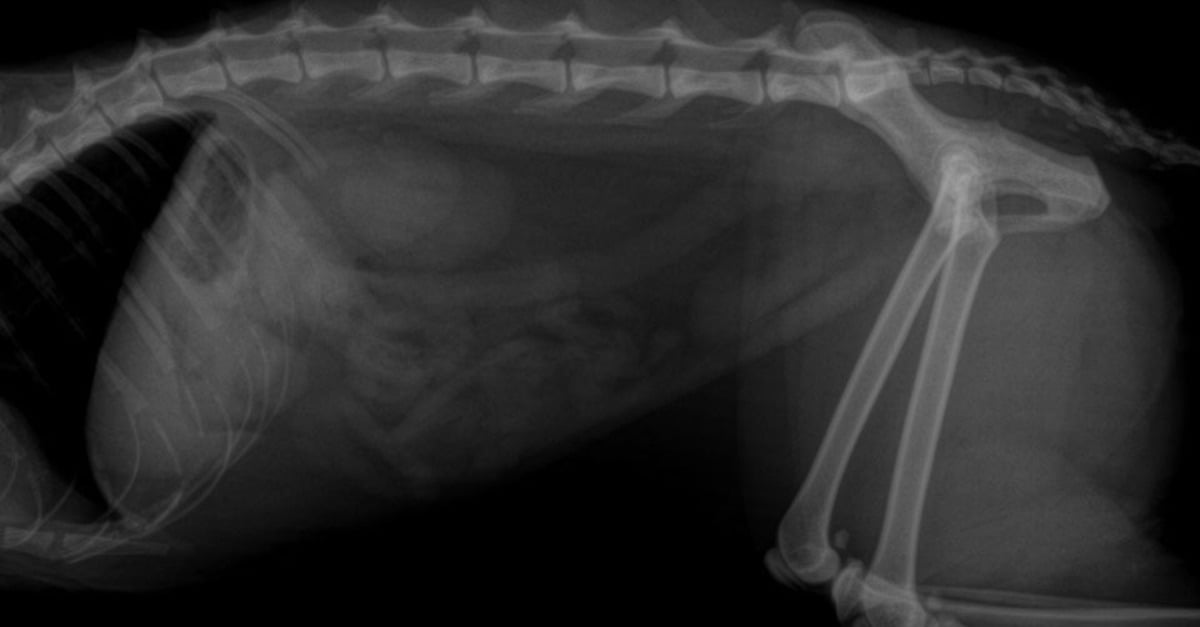Iowa Radiology
Recent Posts
Prostate Artery Embolization for Enlarged Prostate
Jan 14, 2025 9:00:00 AM Posted by Iowa Radiology
Benign prostatic hyperplasia (BPH), commonly known as enlarged prostate, is a common condition that affects many men as they age. In fact, about one in four men experience symptoms related to BPH by age 55, and half of men...
HSG for Detecting Fallopian Tube Blockages & Other Fertility Issues
Dec 10, 2024 8:30:00 AM Posted by Iowa Radiology
Hysterosalpingography (HSG) is a vital tool for understanding the causes of infertility and other reproductive health problems. This minimally invasive procedure provides insight into the health of the uterus and fallopian tubes,...
Breast Cancer Support Networks and Resources
Nov 12, 2024 8:02:00 AM Posted by Iowa Radiology
A breast cancer diagnosis can be incredibly stressful and overwhelming, but you don’t have to make this journey alone. Numerous support networks and resources are available to help you navigate the emotional and psychological...
Breast Cancer and Hormone Therapy
Oct 8, 2024 7:00:00 AM Posted by Iowa Radiology
There are many different types of breast cancer. Many breast cancer tumors—around 70% to 80%—have receptors for hormones like estrogen and progesterone. These receptors bind to their respective hormones, helping the tumor to...
Advancements in Breast Imaging Technology
Sep 10, 2024 7:00:00 AM Posted by Iowa Radiology
Breast cancer is a leading cause of cancer death among women—second only to lung cancer. Approximately 1 in 8 women will develop breast cancer in her lifetime. Breast cancer rates have been increasing slightly in recent years,...
X-ray Safety: What You Need to Know
Aug 13, 2024 7:13:00 AM Posted by Iowa Radiology
X-ray imaging is a crucial diagnostic tool that provides valuable insights into a wide range of medical conditions. Because X-rays use ionizing radiation, however, it’s important to consider the possible health risks of X-ray...
Why BMI Isn't Enough: The Limitations of Body Mass Index
Jul 16, 2024 7:32:00 AM Posted by Iowa Radiology
Body mass index (BMI) is widely used to determine whether someone is over or underweight. For many people, it can provide a reasonable indication of this; however, BMI has several limitations. Because it is calculated using no...
What Can HSG Reveal About Fertility Issues?
Jun 4, 2024 7:13:00 AM Posted by Iowa Radiology
Fertility issues, including difficulty conceiving and recurrent pregnancy loss, can have many different causes. Doctors often order a variety of tests in the effort to learn why a patient has trouble getting or staying pregnant....
A Brief History of X-Rays
May 6, 2024 7:12:00 AM Posted by Iowa Radiology
A Groundbreaking Discovery
On November 8, 1895, physicist Wilhelm Conrad Roentgen was experimenting with cathode rays—streams of electrons that were first observed in 1859 by two other German physicists, Julius Plücker and Johann...
Comparing Methods of Body Composition Analysis
Apr 8, 2024 7:15:00 AM Posted by Iowa Radiology
An analysis of your body composition can provide valuable information about your health. Various methods of body composition analysis (BCA) assess the content of fat, muscle, and bone in a person’s body. Many modern scales and...











